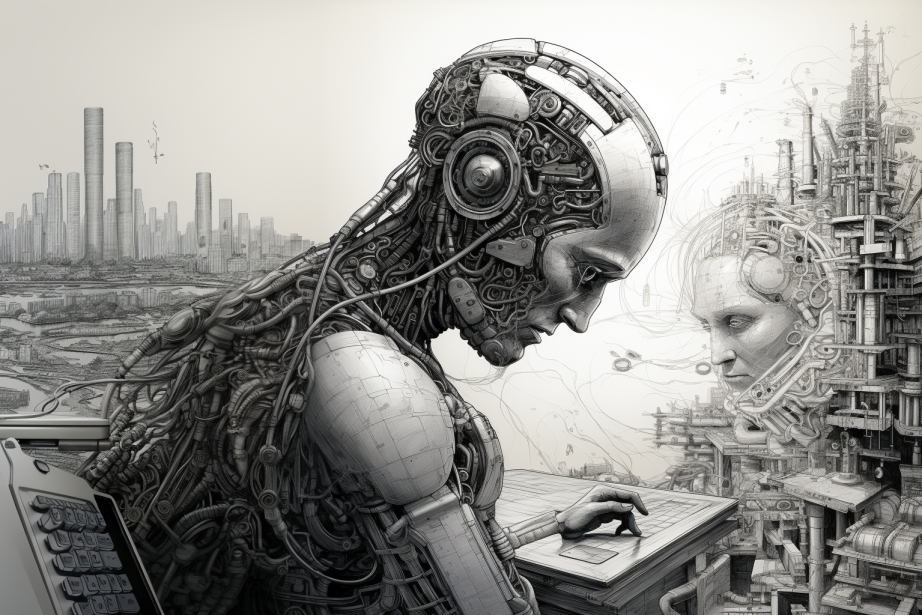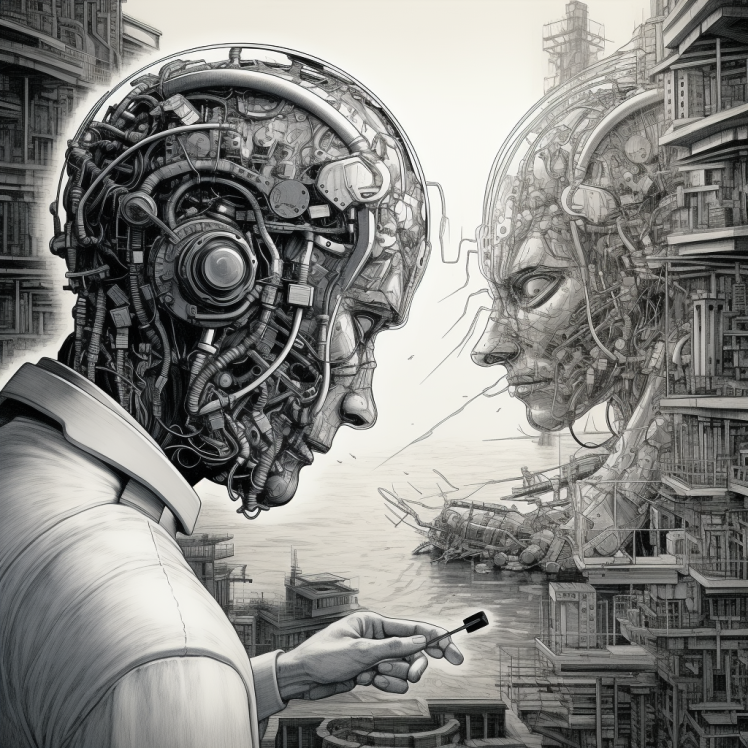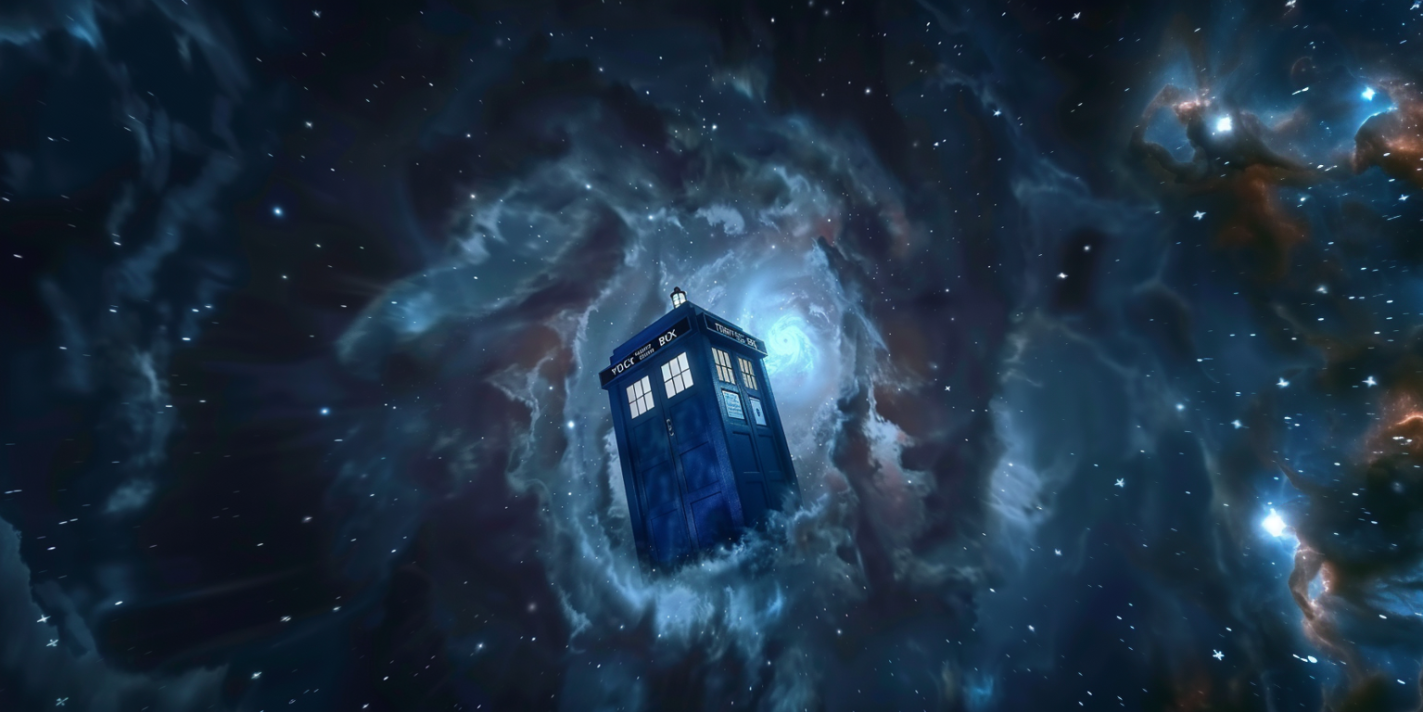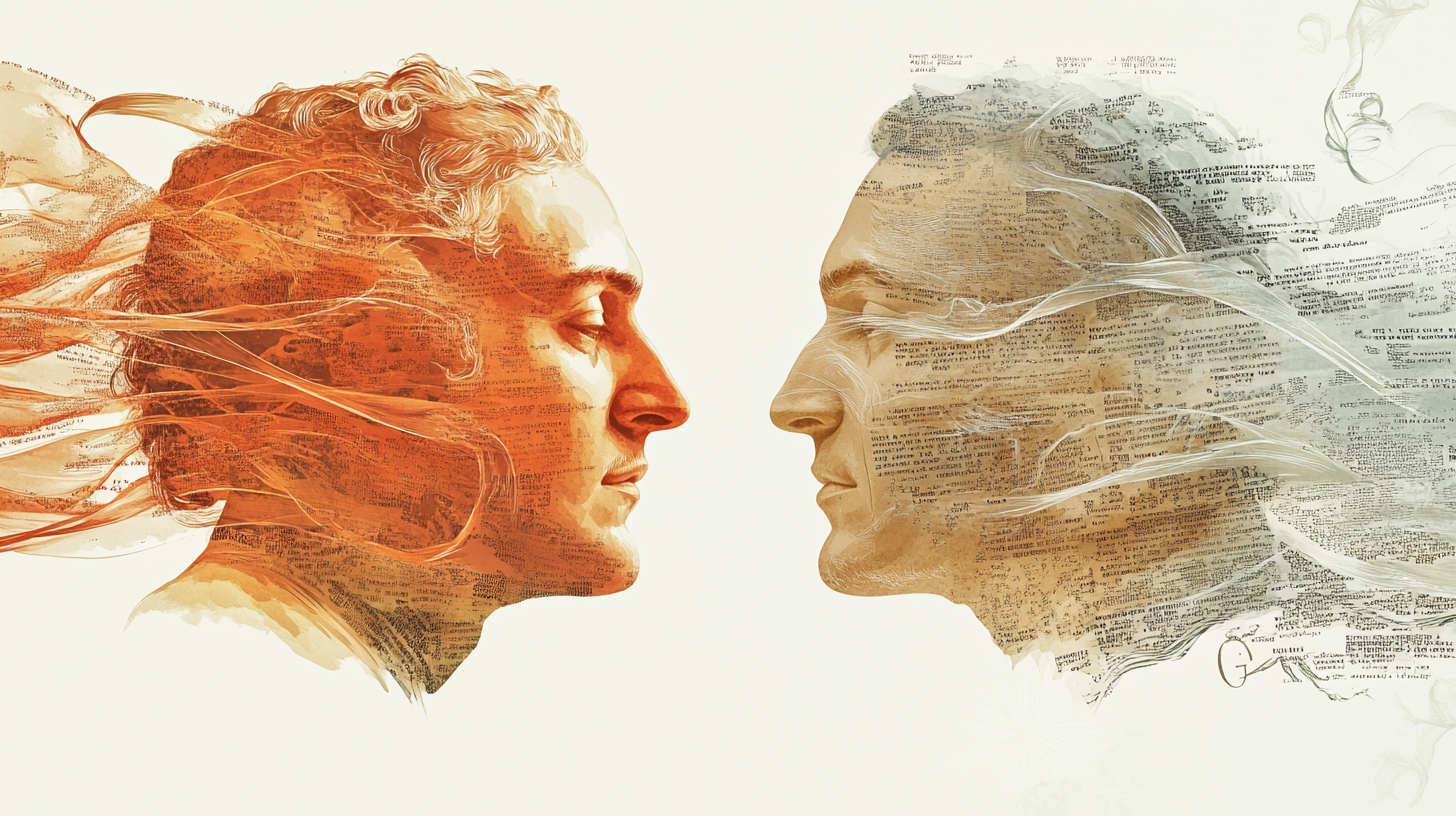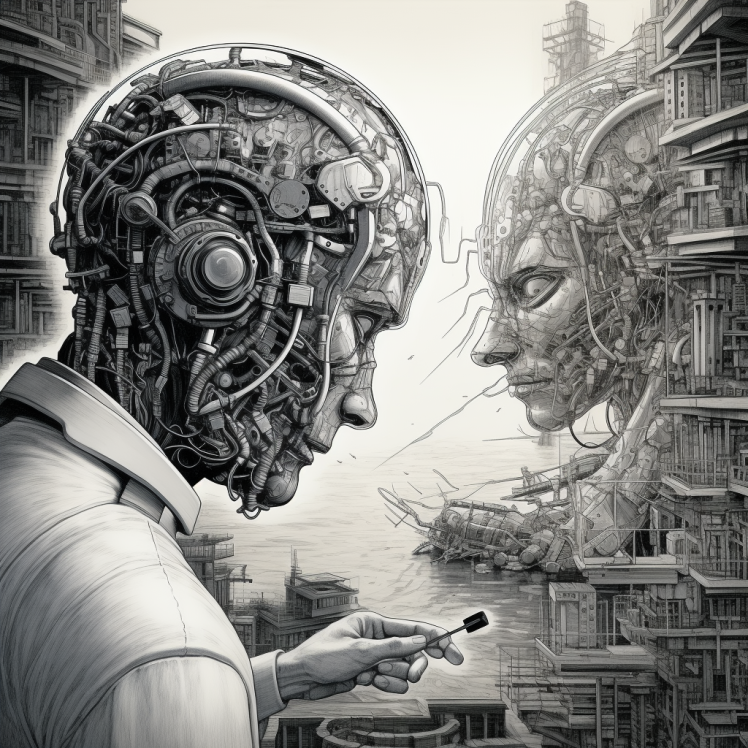
In the grand tapestry of Parisian lore, “The Invention of Hugo Cabret” by Brian Selznick unfolds as a captivating tale that beckons the reader to traverse the labyrinthine alleys of 1930s Paris. With a masterful fusion of prose and intricate black-and-white illustrations, Selznick weaves a tale that transports us to a world where the lines between reality and imagination blur, and where the human spirit triumphs against all odds.
Our journey commences with Hugo, a twelve-year-old waif, who resides furtively within the recesses of a bustling train station. Bereft of familial ties after the untimely demise of his father, Hugo clings to a broken automaton, a mechanical enigma that his father once sought to mend. This mechanical marvel, Hugo believes, holds within its intricate gears and cogs a message from his departed progenitor, a message that may illuminate the mysteries of his own existence.
One cannot help but be enveloped by the prevailing theme of connection and friendship that permeates the narrative. It is through a serendipitous encounter with Isabelle, a kindred spirit, that Hugo embarks upon a quest to unravel the enigma of the automaton. In their shared pursuit, a profound bond is forged, one that transcends the boundaries of age and circumstance. This bond, serves as an abiding testament to the transformative power of human connection, reminding us that our journey through life is enriched immeasurably by the companionship and understanding of kindred souls.
Selznick masterfully underscores the magic of imagination and creativity throughout the pages of this enchanting opus. Hugo’s ardor for mending machines and his insatiable fascination with the world of cinema serve as beacons of inspiration. Through Hugo’s unwavering devotion to his craft, we are implored to embrace the boundless potential of our own creative faculties, to revel in the splendor of art, storytelling, and the ceaseless dance of the imagination. For it is in these realms that the true essence of our humanity finds its purest expression.
The preservation of history, its delicate tapestry interwoven with the threads of time, emerges as a theme of profound significance within the narrative. Hugo’s father, a master clockmaker, bequeaths to his son a reverence for the past, a deep-seated desire to safeguard the relics of a bygone era. Through Hugo’s quest to mend the automaton, the story illuminates the importance of cherishing historical artifacts, for they serve as vessels of memory and bear witness to the triumphs and tribulations of those who came before us. In this gentle admonition, we are reminded to honor and cherish our collective past, for it is through understanding and appreciating history that we pave the way for a more enlightened future.
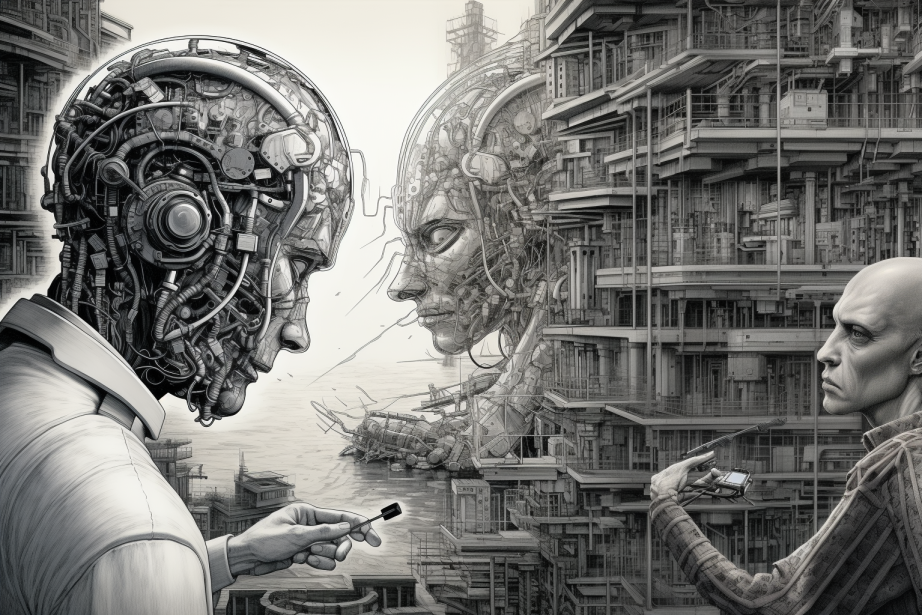
The tapestry of Hugo’s journey is intricately woven with the threads of loss and the quest for purpose. In the wake of his father’s demise, Hugo finds himself adrift, longing for a sense of belonging. Yet, it is through the crucible of his encounters with Isabelle and his relentless pursuit of the automaton’s secrets that he discovers a profound purpose that transcends his own personal narrative. Selznick deftly explores the depths of the human spirit, illuminating the resolute resilience that lies within us all, urging us to embrace the transformative power of adversity and to forge our own destinies amidst the crucible of life’s trials.
But it is in the realm of forgiveness and redemption that the narrative reaches its crescendo. As the tapestry of the story unfurls, a hidden connection between Hugo’s past and the life of Georges Méliès, a forgotten filmmaker, comes to light. Initially portrayed as a bitter and isolated figure, Méliès finds himself on a path to redemption through the unwavering persistence of Hugo and the cathartic power of forgiveness. The narrative delves into the profound depths of the human condition, exploring themes of absolution, the promise of second chances, and the transformative power of compassion.
“The Invention of Hugo Cabret” stands as a testament to the indomitable human spirit, an ode to friendship, imagination, history, resilience, and forgiveness. With every turn of the page, Selznick beckons us to embrace the fullness of our creative potential, to cherish the connections that weave the tapestry of our lives, and to find solace and meaning within our own unique narratives. Immerse yourself in this heartfelt and visually stunning masterpiece, and let its timeless wisdom ignite the flame of your own imagination.
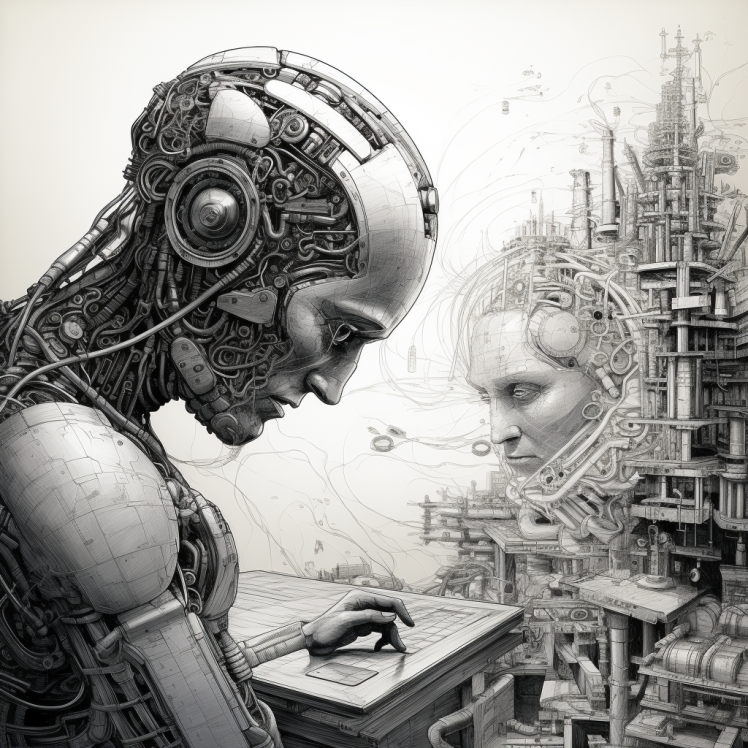
The themes explored in “The Invention of Hugo Cabret” include:
- Connection and Friendship: The narrative emphasizes the power of human connection and the bonds forged through friendship, transcending age and circumstance.
- Imagination and Creativity: The book celebrates the magic of imagination and the boundless potential of creativity, urging readers to embrace artistic expression and storytelling.
- Preservation of History: The importance of cherishing and safeguarding historical artifacts is highlighted, emphasizing the role they play in preserving collective memory and shaping a more enlightened future.
- Loss and Quest for Purpose: The protagonist’s journey explores themes of loss and the search for purpose, showcasing the transformative power of adversity and the resilience of the human spirit.
- Forgiveness and Redemption: The narrative delves into the themes of forgiveness and redemption, portraying the cathartic power of compassion and the promise of second chances.
These themes intertwine to create a captivating narrative that invites readers to reflect on the complexities of human experience and the profound impact of connection, imagination, history, resilience, and forgiveness.
